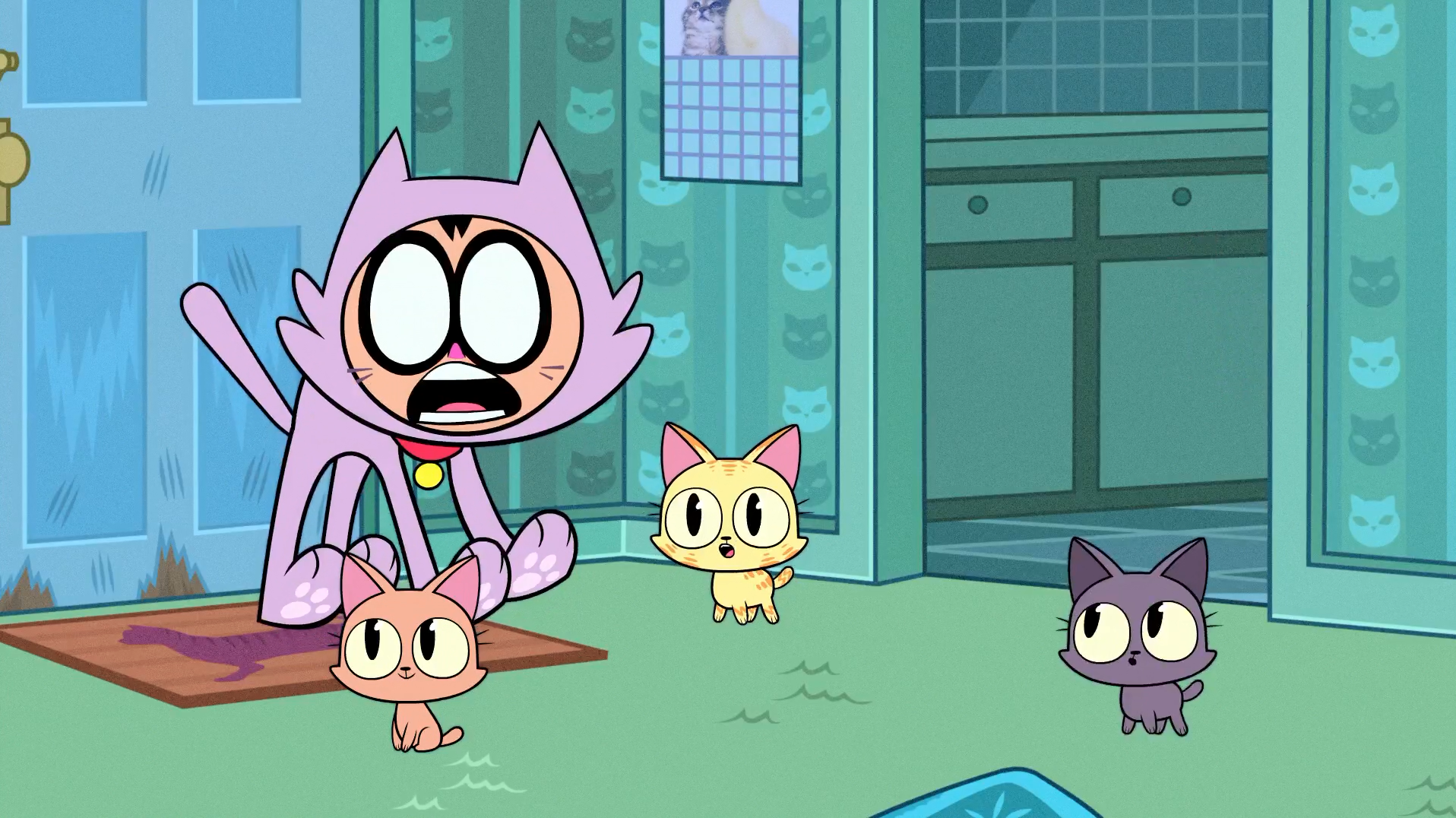

If your cat is otherwise healthy, however, these symptoms should resolve within three to five days. Mark Waldrop of the Nashville Cat Clinic. Diet changes can temporarily affect the smell, color, and quality of your cat’s poop, notes Dr. “It can be caused by anything from worms to things stuck in the intestines,” and many other potential problems, he says.Īn abrupt change in your cat’s diet will almost always cause a change in stool, Schwartz says. “This can lead to constipation, but also should tip you off to get some blood work run to see if there is early kidney disease.” Of course, constipation can have other causes as well, including anything else that leads to dehydration, intestinal blockages, dirty litter boxes, inactivity, neurologic disorders, painful defecation, and the use of some types of drugs.ĭiarrhea can also indicate intestinal upset and inflammation, Jones adds, so it’s important to get it checked out.

Duffy Jones of Peachtree Hills Animal Hospital in Atlanta, Georgia.

Many times, when cats start to show signs of kidney disease, they become dehydrated, which causes them to have hard stools, says Dr. “In a relatively normal cat, can also be a sign of a sensitivity to the diet offered, as well as parasites,” he adds. Alan Schwartz of Compassion Veterinary Health Center in Poughkeepsie, New York. For example, a cat with abnormal feces may be suffering from a digestive disorder or liver or kidney disease, says Dr. Just like for humans, your cat’s feces can be a predictor of important things going on inside his body. What Cat Poop Reveals About Overall Health As unappealing as it may sound, keeping an eye on your cat’s poop can provide an important window into his health.īy knowing what a healthy bowel movement is supposed to look like, you can notice when something isn’t quite right with your kitty, and figure out what to do about it. While most cat owners are on the lookout for litter box problems, they may not be paying close enough attention to what’s going on inside the cat litter box.


 0 kommentar(er)
0 kommentar(er)
